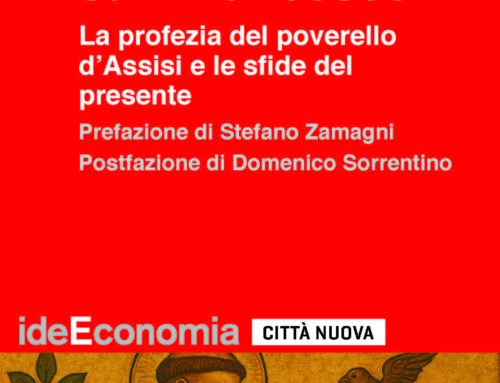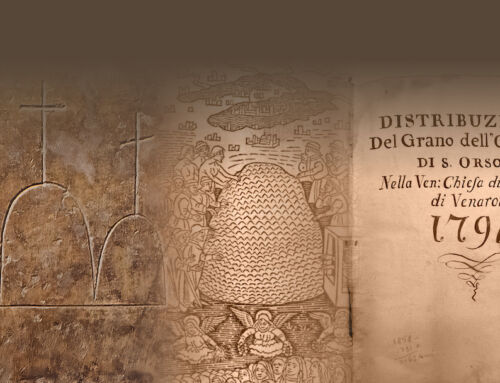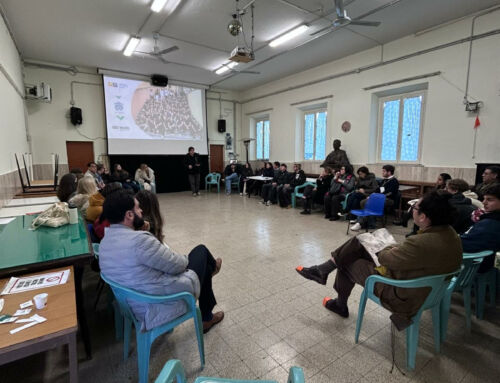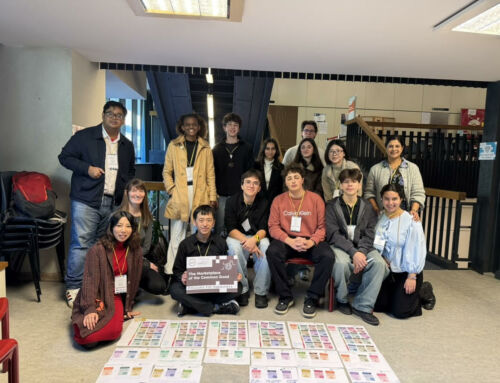Experiences from The Economy of Francesco International Summer School with a Latin American perspective
by Jesús Becerril González

From the beginning of Pope Francis’ global call to the youth of the world to re-animate the economy, those of us who live in Latin America and the Caribbean were certain that this call was an invitation to commit ourselves to the historical transformations of our territories and to truly be protagonists of an economic change that, in our region, suffers from its own issues, complex challenges that have to do with politics, security, violence, looting, extractivism; and yet, it also has a lot of richness in our people, our cultures, our biodiversity, our struggles and our hopes…
For this reason, since the beginning of EoF, the “continent of hope” (Saint John Paul II, General Audience, May 16, 1990), has had many initiatives. Surely because “this call has awakened something that we already had inside” (Pope Francis, Speech in Assisi, September 24, 2022).
In this sense, we want to share in a few lines some of the experiences of this first EoF International Summer School in Spanish and with a Latin American perspective that took place in Mexico City from June 16 to 22 organized by the Mexican Institute of Christian Social Doctrine (IMDOSOC) and the International Research Center for Social and Solidarity Economy of the Iberoamerican University (CIIESS).
When we began to dream of this Summer School we had some very clear points: that Latin America is rich, diverse and with many shared challenges, that the territory and the projects are the glimmers of hope for change and that we want to continue learning and walking from and with the existential and geographical peripheries.
Here is an introductory video of the summer school (in Spanish): Welcome
The Summer School brought together 40 participants from countries such as Guatemala, Colombia, Brazil, Argentina, the United States and Spain. Participants from Mexico joined us from Chihuahua, Nuevo León, Hidalgo, Jalisco, Michoacán, State of Mexico, Querétaro, Mexico City, Puebla, Tabasco and Chiapas. This meant a very diverse group in terms of cultures, experiences, social projects, entrepreneurship, work with indigenous communities and academics from important universities who met in one of the largest cities in the world where where it can be seen the paradoxes of wealth and poverty, inequalities and prosperity, dreams and struggles, Mexico City.
The summer school was titled “Economies for Good Living” which immediately resonates with the cultural richness of our region and the dialogue that can be established with some of the villages of the Economy of Francesco for example, with the topic of agriculture, care, lifestyles and peace building, among others.
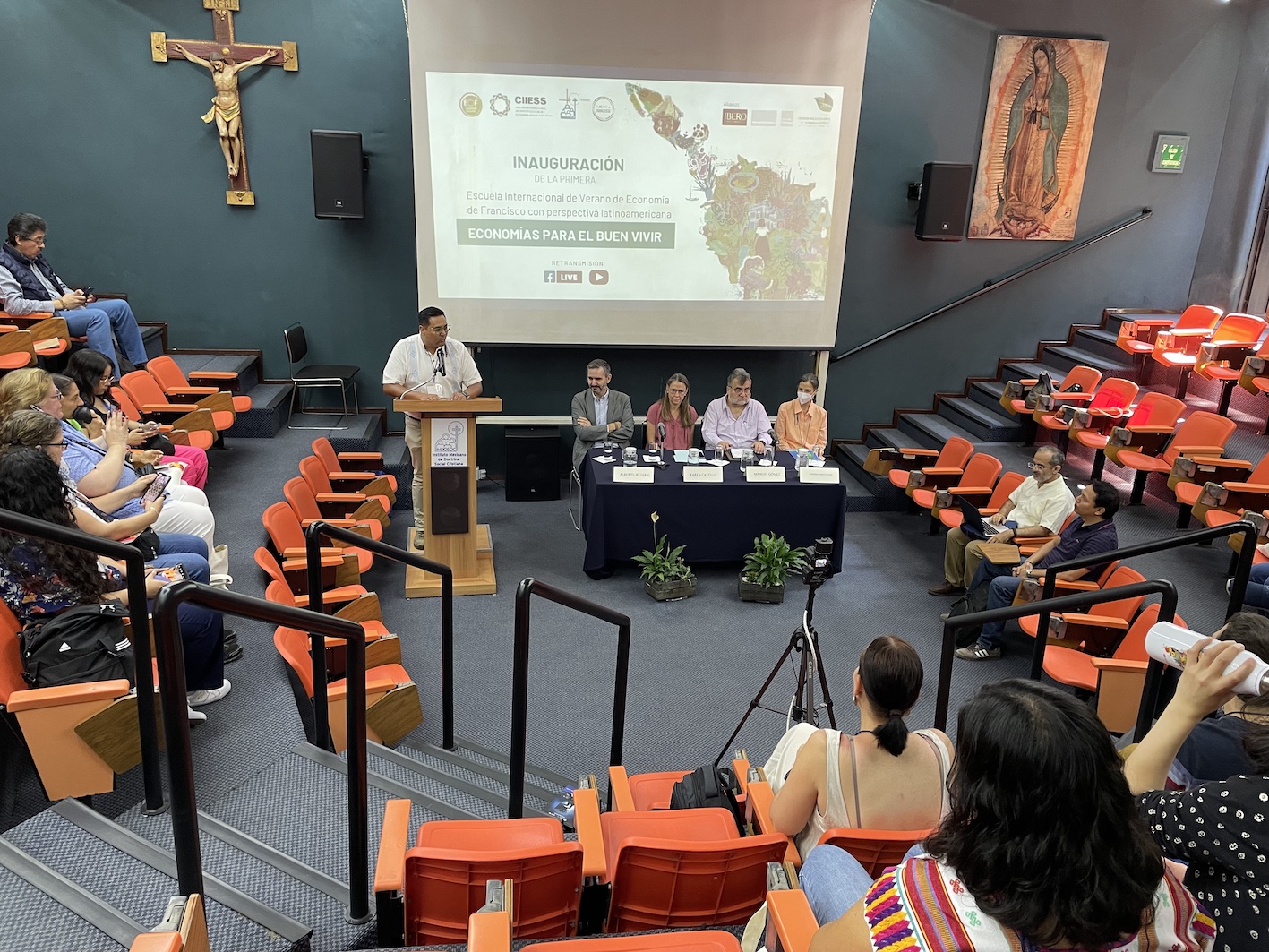
The program consisted of conferences, workshops, and participatory classes where we were able to reflect on the economic challenges in our region and value our identities and cultures of our territories.
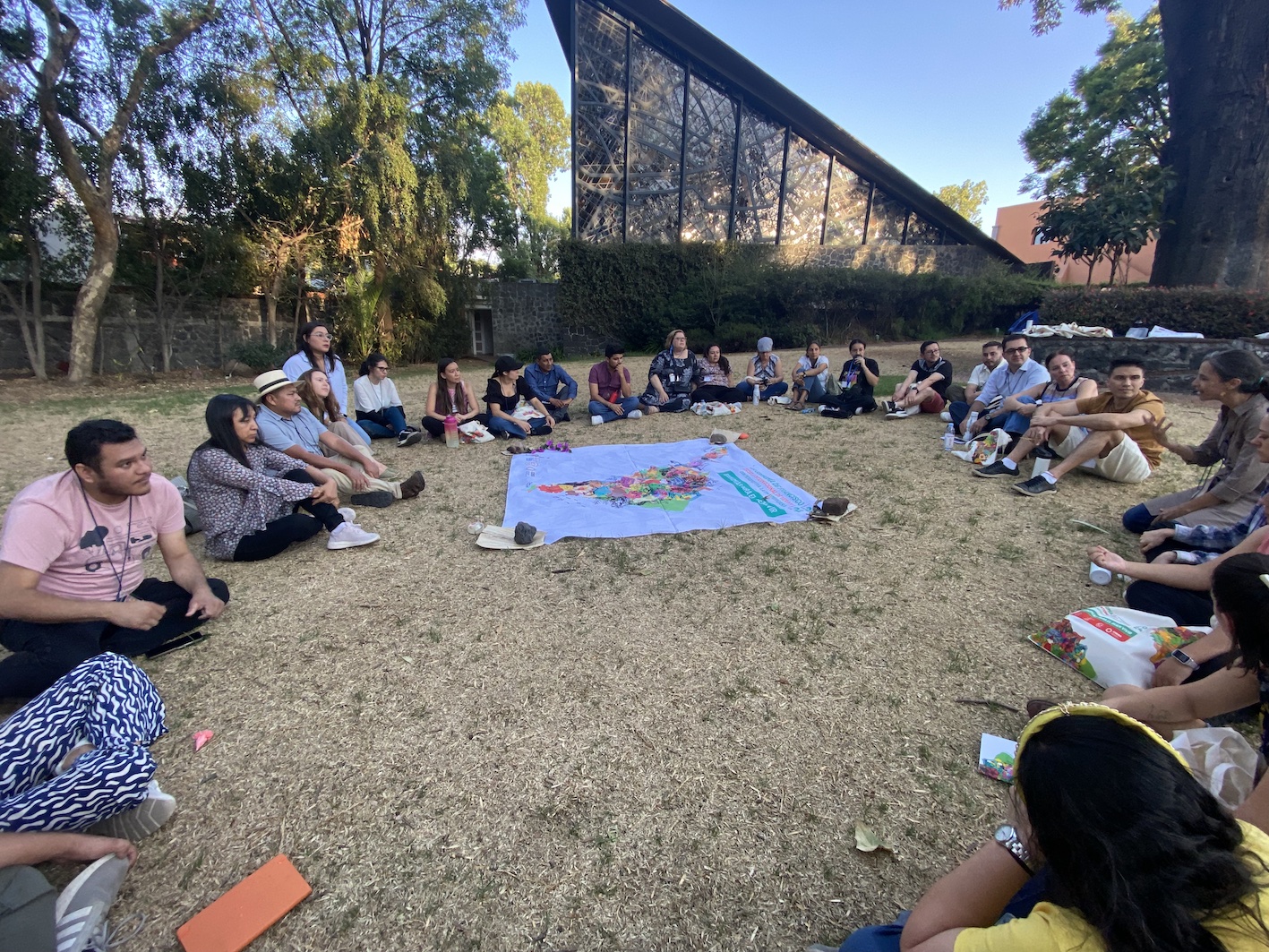
We began with the presentation of Gerardo Gordillo, PhD and specialist in social economy and missionary priest of the Holy Spirit (MSpS) who shared a workshop on the social and human dimensions of the economy. Later we had an experience of “steps for peace and meeting with Saint Francis” led by Fray Efrén Balleño, a Mexican Franciscan who offered us some keys to Franciscan spirituality. The third moment of the first day of activities focused on reflecting on the civilizational crisis in which we find ourselves and some hopeful proposals that emerge from the peripheries, a conference shared by José Andrés Fuentes PhD and José de Jesús Legorreta PhD. Finally, we had our first research and entrepreneurship poster session where we were able to learn about the works of those who were the protagonists of this Summer School.
Here is a link with some testimonies from the first day (in Spanish):
Day 1. The social and human roots of the economy in the face of the crisis, challenges and hopes
The second day of activities aimed to recover the richness of our cultures to build bridges between our indigenous peoples and communities, women and the current challenges to create new proposals for the economy.
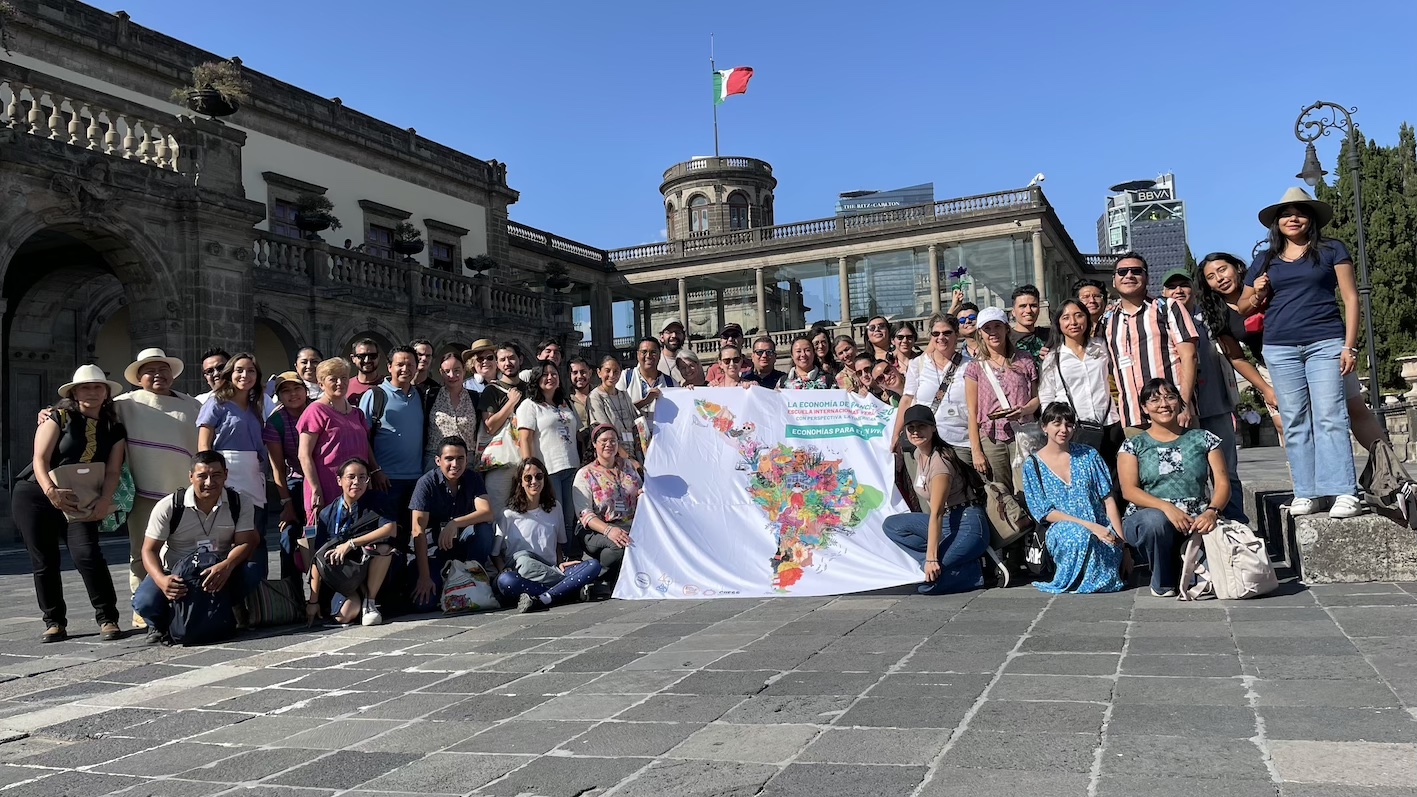
We visited the National Museum of Anthropology and History and the Chapultepec Castle in whose auditorium we had the keynote lecture given by Mg. Tania Ávila , lay, Bolivian, descendant of the Quechua people and member of the integral ecology commission of the Latin American Confederation of Religious and Marilú Rojas PhD who spoke on the economy of the women of Abya Yala and the historical debt owed to the recognition and visibility of women within the economy. Finally, we were able to hear Mg. Ma. Dolores González, expert in peace processes to share some of the macrotrends in Latin America and the necessary steps for an economy for peace.
Here is a link with some testimonies from the second day (in Spanish):
Day 2. Economy with an indigenous and women’s face, notes for peace
In the third day, the heart of our Summer School, we had the immersion experience at “Quali” a cooperative group in Tehuacán Puebla. This social enterprise with almost 40 years of experience aimed to promote the care of water in an arid area and the production of healthy foods based on amaranth. This experience shared by Raúl Hernández and his wife Gisela Herrerías left us a testimony that sustainable economic projects focused on the needs of the territories are possible. We had the opportunity to visit the entire company, see the transformation processes of amaranth seeds into healthy foods, the water museum with a lot of resonance with Laudato Si’ and the social projects implemented in the communities for the care of soil and water. Raúl and Gisela prepared through a game, a moment for us to reflect on economic decisions in complex environments. Definitely, for many the best school experience.
Here is a video with testimonies (in Spanish): Day 3. Experiences from the peripheries, the visit to the cooperative
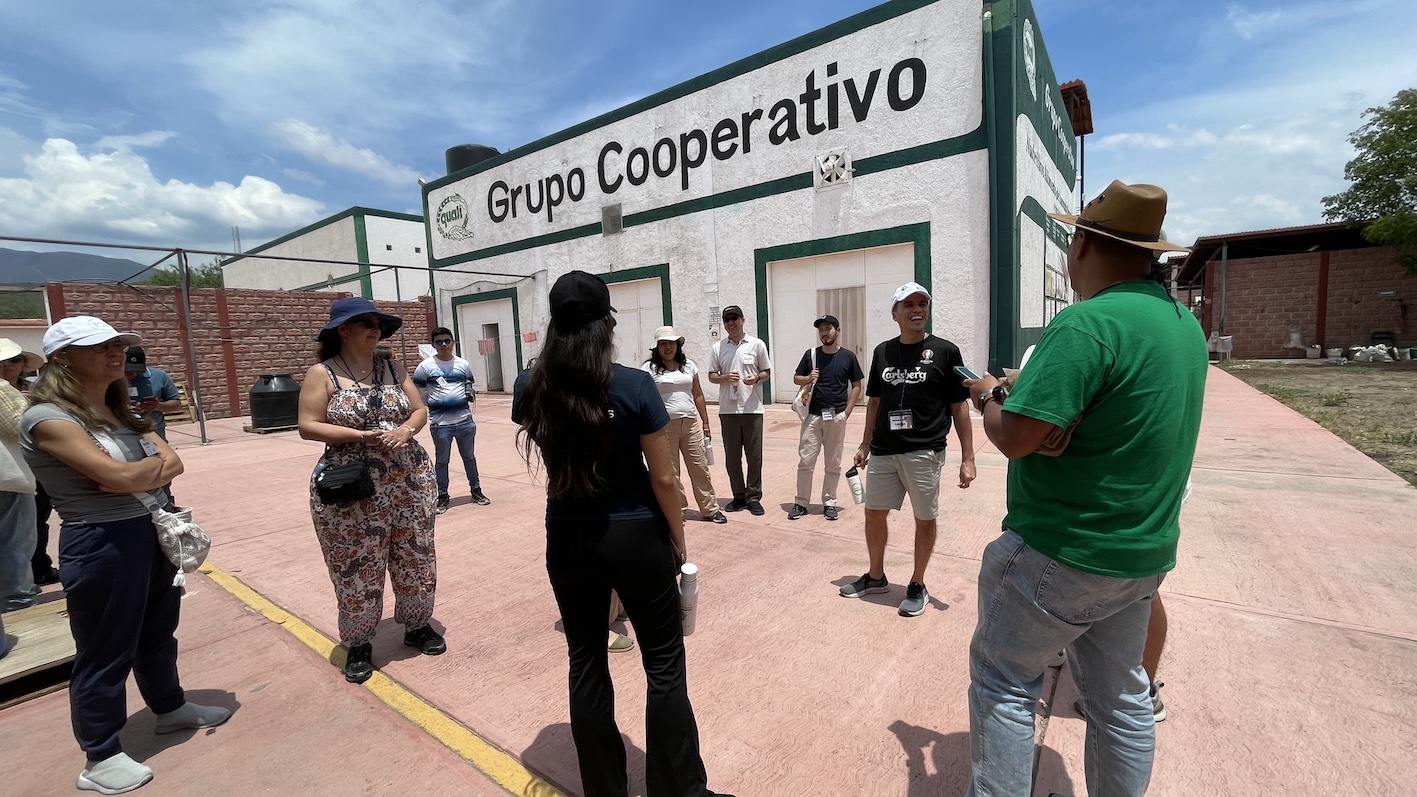
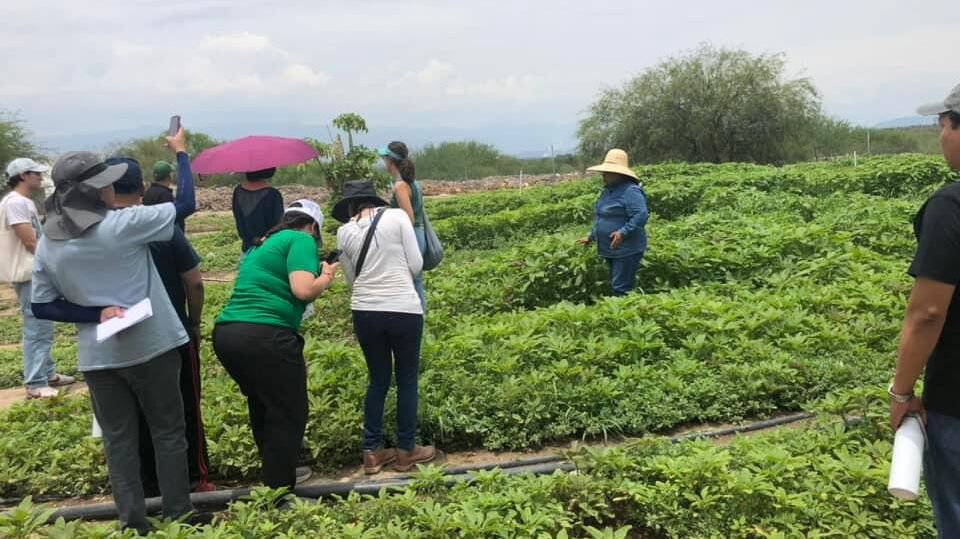
The fourth day, titled “a call to reanimate the economy” was held at the Iberoamerican University. In this day we had a moment with the EoF scientific committee with the conference by Luigino Bruni PhD entitled “Happiness and relational goods”.
After thar, Mg. Adriana Gómez Chico, who was one of the co-organizers of the entire school, led a panel on the cooperation between the private, public and social sectors for the construction of new economic processes, which included the participation of Carlos Zarazúa, Operational Coordinator of the Promoting Committee of the Inclusive Development Model and the Welfare and Social Inclusion Commission in the Employers Confederation of Mexico, COPARMEX, of Paulina Garrido and Elizabeth Hernández who currently represent the Union of Tosepan Cooperatives, an organization with 46 years of life that integrates 9 cooperatives of various projects and Ana Limón, executive secretary of Ensamble México, a network of articulation of donor foundations that build towards greater social impact and the development of sustainable communities. Finally, we finished with two community activities: our second poster session and the visit to the Franciscan Convent of San Juan Bautista in Coyoacán to have another encounter with Saint Francis.
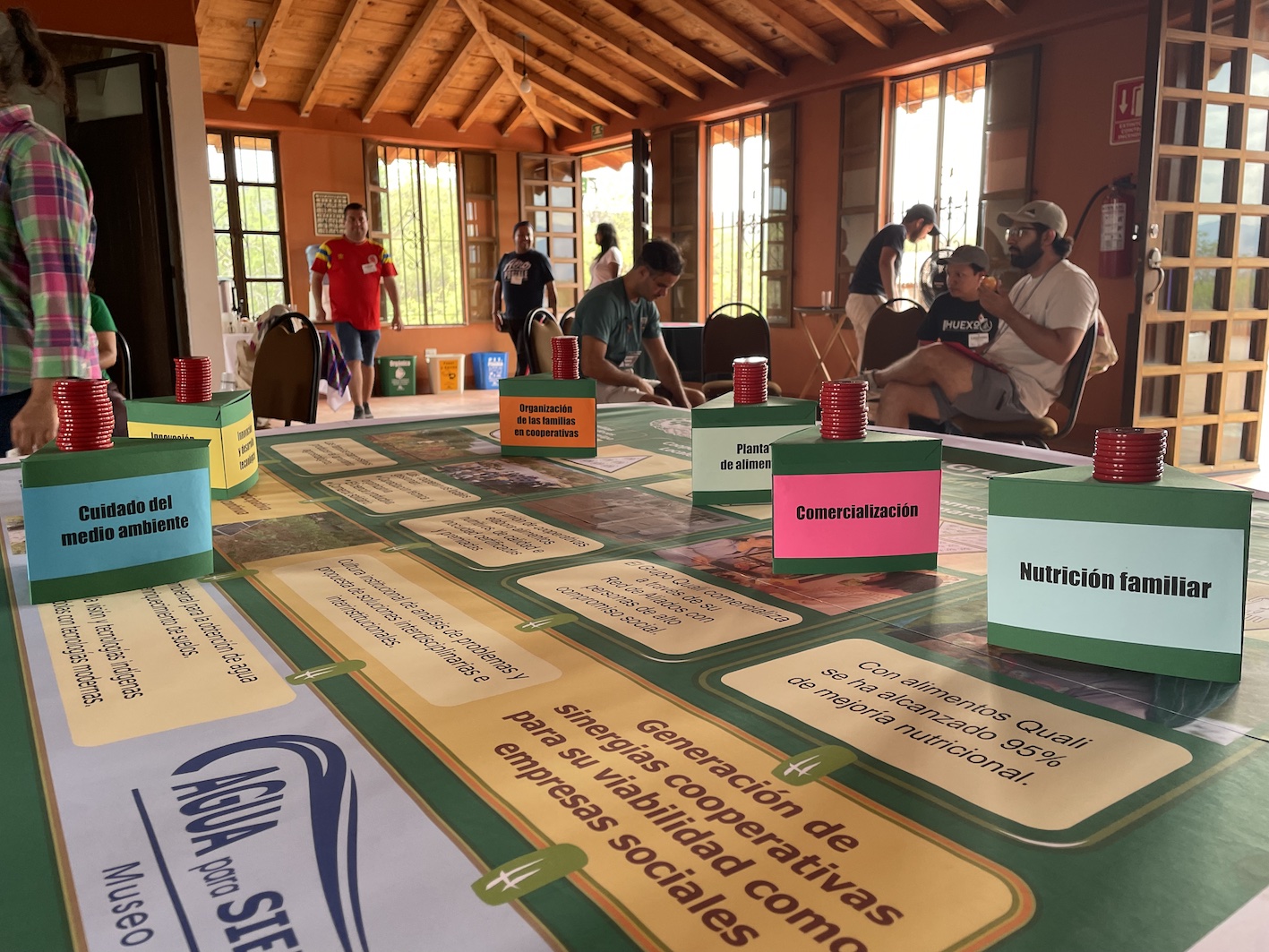
Here is a video with the testimonies (in Spanish): Day 4. The dream come true and the voices of the protagonists
On our last day of activities, we had a workshop on innovation and social entrepreneurship led by Mg. Jessica Asai. As a second moment, we had the opportunity to listen to the conference of Alberto Irezabal, PhD the CIIESS Director and member of the EoF Agriculture and Justice village who spoke about social and solidarity economies as alternatives for the common good.
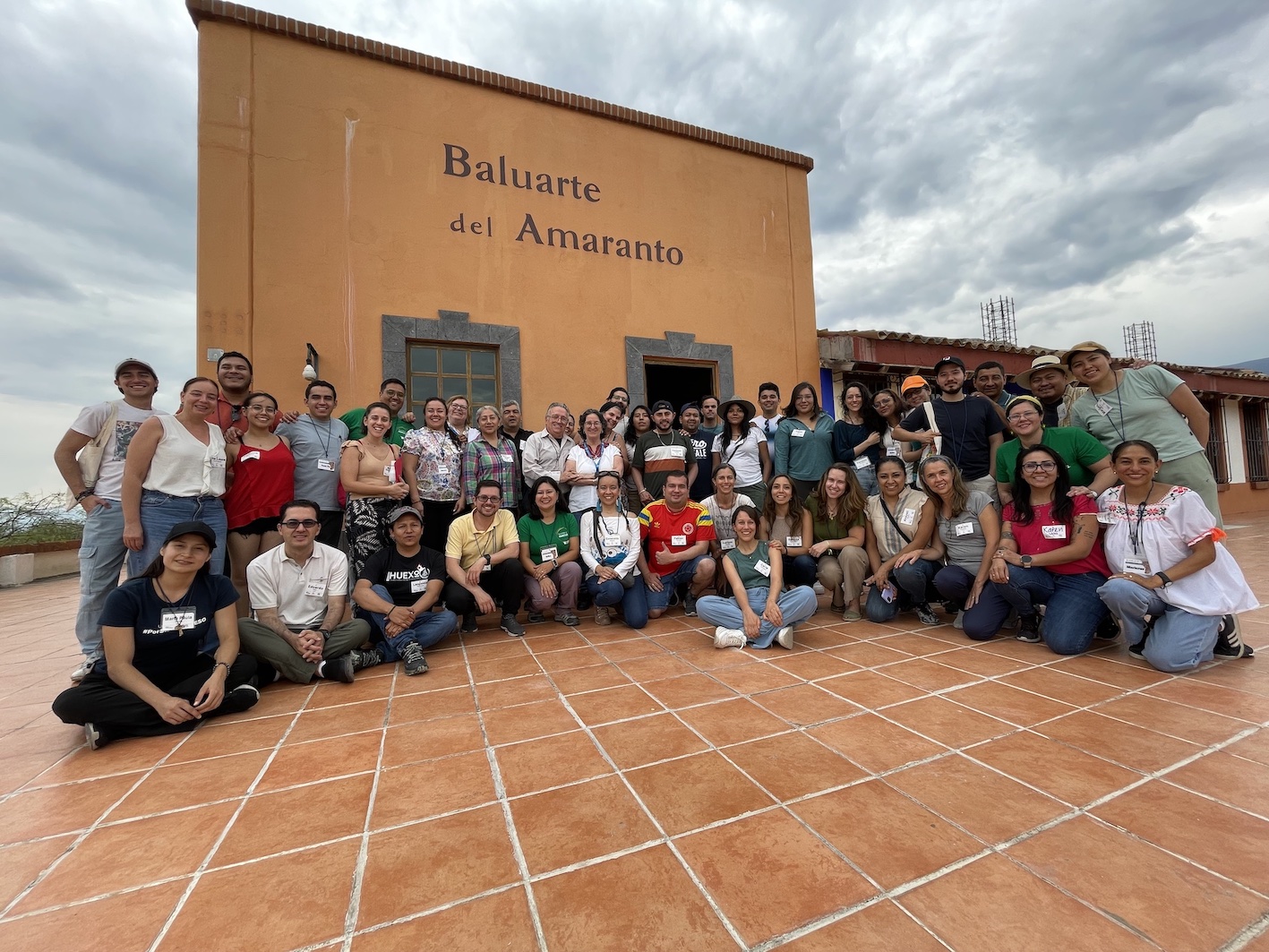
Later, the Vatican was present with a very emotional and hopeful video message from Sister Alessandra Smerilli, Secretary of the Dictasery for the Service of Integral Human Development of the Vatican, where she recognized the work of Latin America and the Caribbean to incarnate the Economy of Francesco in our realities and encouraged us to build new paradigms of comprehensive human development that generates economies for good living.
Here is her message (in Spanish): Message from Sr Alessandra
Here is the video of this last day with the closing and the challenges (in Spanish): Day 5. Challenges ahead
Finally, we close by collecting the learnings, challenges and contributions of this wonderful Latin American prophetic community that is determined to put its head, heart and hands to build the economy of tomorrow.
I leave you with two short videos with some testimonies and moments from the School (in Spanish): Testimonials and Best moments from the School
Let’s continue building global and local networks to sow, water and harvest processes of the Francisco Economy.

